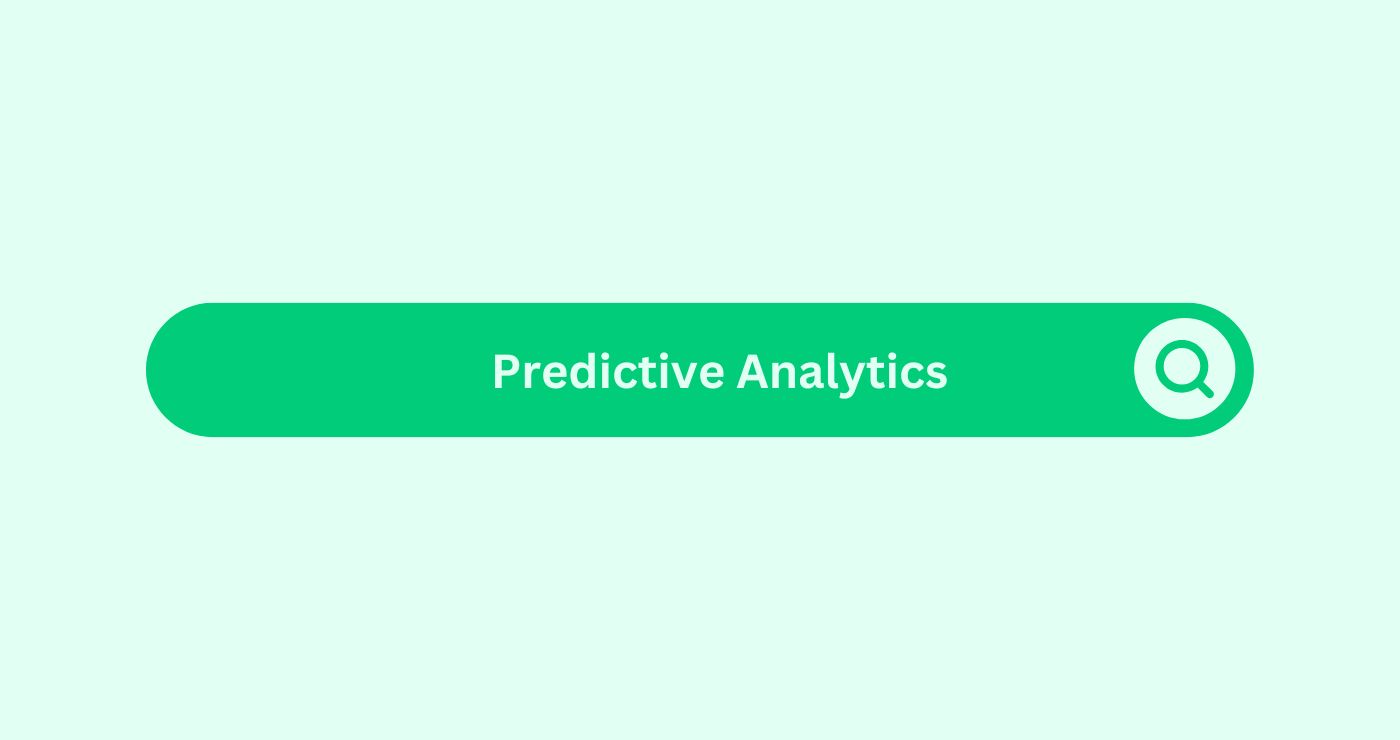Definition
Predictive AnalyticsDefinition In SEO, analytics involves collecting, measuring,... digs into stats, past data, and machine learning to figure out what’s coming next. In AI-driven content marketingDefinition Content marketing strategically creates and share..., it spots future trends, audienceDefinition The term "Audience" refers to the group of indivi... moves, and which keywordsDefinition Keywords are crucial for SEO success as they conn... might actually pull their weight—long before any campaignDefinition An SEO campaign involves focused, Organised effor... even sees daylight.
For digital marketing agencies in Auckland, Predictive AnalyticsDefinition In SEO, analytics involves collecting, measuring,... means having a clear read on which topics will catch fireDefinition Fire in Social Media Marketing refers to high-imp... next quarter, which keywordsDefinition Keywords are crucial for SEO success as they conn... will drive those conversions, and which segments will actually bite on the next piece of content. SEO firms lean hard on AI tools for keyword mapping, nailing down when to post, and personalising campaigns across thousands of users.
By crunching numbers from earlier campaigns—think engagementDefinition Engagement in content marketing refers to the deg... rates, scroll depthDefinition Scroll depth, in the context of SEO, measures how..., click-throughs—predictive models shape SEO strategies around what’s likely to work, not just what worked before. Whether it’s tidying up the content calendarDefinition A content calendar strategically plans and organi... or sharpening a performance ad campaignDefinition An SEO campaign involves focused, Organised effor..., Predictive AnalyticsDefinition In SEO, analytics involves collecting, measuring,... takes out the guesswork and pushes ROI higher.
Example :
A performance marketing agency runs digital for a sustainable fashion brand and needs to know which keywordsDefinition Keywords are crucial for SEO success as they conn... will drive sales next winter. Predictive AnalyticsDefinition In SEO, analytics involves collecting, measuring,... scans two years of engagementDefinition Engagement in content marketing refers to the deg..., sales patterns, Google TrendsDefinition What is Google Trends in Email Marketing? Google ..., and social listeningWhat is Social Listening in AI Terms in Content Marketing? S... data.
Long-tail keywordsDefinition Long-tail keywords are extremely targeted and par... like “organic wool jackets NZ” and “sustainable winter wear Auckland” pop up as hot tickets for July. With this in hand, the team lines up blog posts, landing pagesDefinition Landing pages are standalone web pages specifical..., and paid campaigns weeks ahead. When the trend hits, the content’s already ranking and pulling in results—38% more organic trafficDefinition In the context of SEO (Search Engine Optimisation... and a 21% sales boost, all without pushing up ad costs.
Formula and Performance MetricsWhat are Metrics in the context of SEO? Metrics in SEO refer...
| Metric | Value | Description |
|---|---|---|
| Historical Data Window | 24 months | Time period analysed for predictions |
| Predicted CTR for Target Pages | 8.2% | Forecasted engagementDefinition Engagement in content marketing refers to the deg... for future content pieces |
| Keyword Forecast Accuracy | 91.5% | Match rate between predicted and actual search interest |
| CampaignDefinition An SEO campaign involves focused, Organised effor... Prep Time Saved | 30 hours/month | Reduction in planning time using forecasted trends |
| Sales Uplift After Optimisation | +21% | Revenue growth due to early content deploymentDefinition Deployment is the release of software updates and... |
5 Key Takeaways
- Forecasts Performance Trends – Anticipates how content will perform before publishing.
- Guides SEO Strategy – Helps select high-impact keywordsDefinition Keywords are crucial for SEO success as they conn... based on future value.
- Improves CampaignDefinition An SEO campaign involves focused, Organised effor... Timing – Enables early deploymentDefinition Deployment is the release of software updates and... of seasonally relevant content.
- Reduces Manual Research – Automates data analysis and future keyword targeting.
- Boosts ROI with Precision – Drives higher engagementDefinition Engagement in content marketing refers to the deg... through proactive optimisation.
FAQs
What does Predictive Analytics do in content marketing?
It forecasts future content outcomes using historical data, algorithms, and behavioural patterns.
How can SEO companies use Predictive Analytics?
They predict high-performing keywordsDefinition Keywords are crucial for SEO success as they conn..., content formatsDefinition In the SEO space, "formats" refer to the various ..., and timing for maximum search impact.
Is Predictive Analytics only for large data sets?
No. It works well with moderate data when combined with machine learning and behavioural tracking.
Does Predictive Analytics replace human planning?
It supports, not replaces, strategy teams by guiding decisions with future-focused insights.
What tools provide Predictive Analytics in SEO?
Tools like SEMrush Trends, Google AnalyticsDefinition In SEO, analytics involves collecting, measuring,... 4 with AI layers, and custom ML models.




